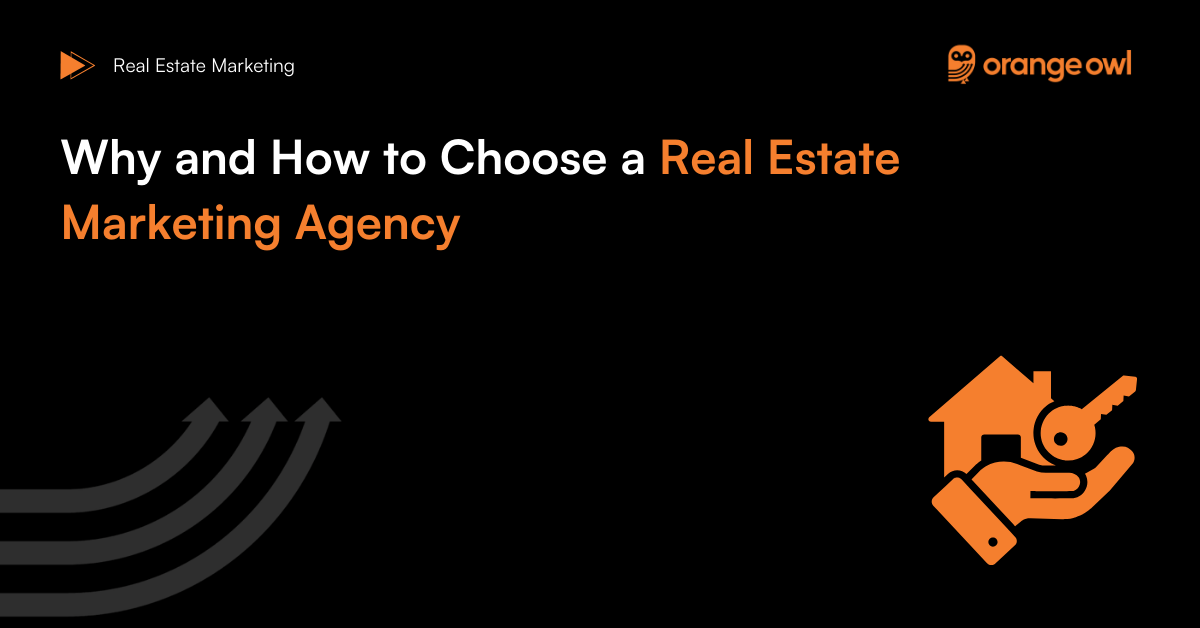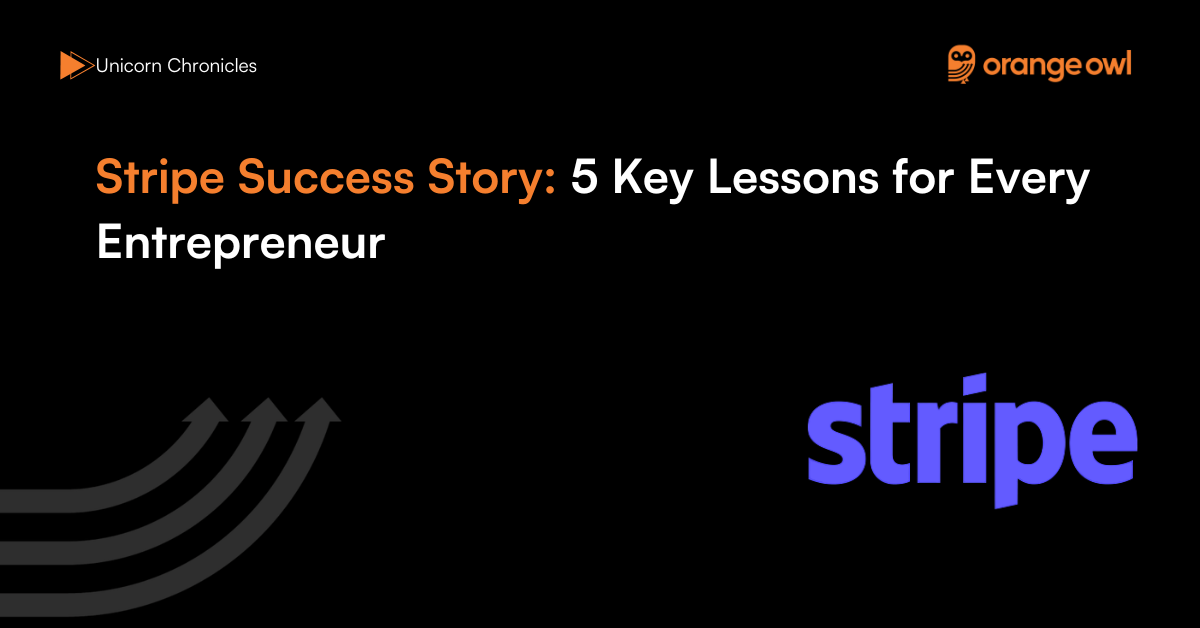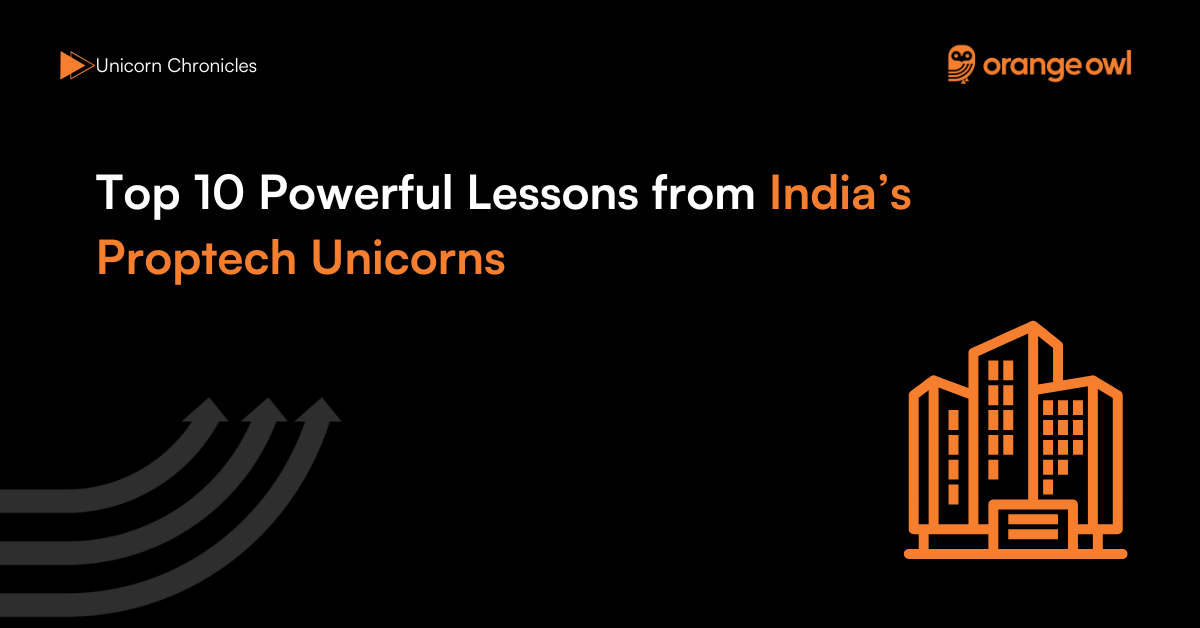Top Reasons Why to Choose a Real Estate Marketing Agency
Vivek Goel
February 5, 2025

Table of Contents
Introduction
India’s real estate sector is vast and diverse, catering to a wide range of property types, including residential, commercial, industrial, and mixed-use developments. To stand out in this competitive market, many developers, brokers, and investors rely on the expertise of real estate marketing agencies. Understanding why to choose a real estate marketing agency is essential for those looking to effectively promote their properties and drive sales in this dynamic industry.
Top real estate marketing agencies use tailored strategies that combine traditional methods with cutting-edge digital tools to ensure maximum reach and impact. In recent years, digital marketing has become a cornerstone of real estate marketing. The shift toward online platforms allows agencies to target potential buyers more precisely, provide real-time updates, and create engaging content such as video walkthroughs, drone footage, and interactive property listings. The result is an immersive and informative experience for prospective customers, increasing the likelihood of conversion.
Moreover, why to choose a real estate marketing agency becomes even clearer when considering their integration of advanced technologies like artificial intelligence (AI), machine learning (ML), and data analytics. These tools help analyze market trends, predict buyer behavior, and optimize campaigns, ensuring every marketing rupee is spent wisely. This data-driven approach not only enhances efficiency but also maximizes returns on investment (ROI), making these agencies a vital partner in achieving success in India’s real estate market.
What is Real Estate Marketing?
Real estate marketing is the process of using well-planned strategies, innovative tools, and creative techniques to promote properties and real estate services to potential buyers, sellers, renters, or investors. It is a crucial aspect of the real estate industry that bridges the gap between property owners and their target audience, ensuring that the right individuals are connected with the right properties.
The distinction between generic marketing approaches and specialized real estate marketing strategies is highlighted in the table below, showcasing how real estate marketing agencies tailor their efforts to the unique needs of the industry.
| Attribute | Generic Marketing Agency | Real Estate Marketing Agency |
|---|---|---|
| Industry Expertise | Limited real estate-specific knowledge may require time to learn about the industry. | Deep understanding of real estate trends, buyer behaviour, and market dynamics. |
| Strategy Development | Generalized strategies not tailored to the real estate market. | Custom strategies focused on real estate, such as location-based targeting and lead nurturing. |
| Target Audience Understanding | Broad audience insights across multiple industries. | Specific insights into homebuyers, investors, and commercial clients. |
| Content Creation | General content that may lack real estate-specific appeal. | Tailored content like property descriptions, neighbourhood insights, and real estate trends. |
| Lead Generation | Standard lead-gen tactics, which may not suit real estate nuances. | Proven real estate lead-gen methods, like virtual tours, listings optimization, and event-based marketing. |
| Ad Campaigns | General ad campaigns without a deep focus on real estate specifics. | Real estate-specific campaigns using platforms like Zillow, Trulia, or localized social media targeting. |
| Technology & Tools | It uses common marketing tools but may lack real estate-specific software. | Expertise in CRM tools, MLS integration, and 3D/VR solutions for property marketing. |
| Network & Partnerships | Limited real estate-focused partnerships or collaborations. | Established connections with brokers, developers, and other real estate professionals. |
| ROI Focus | Broad ROI focus may not align with real estate sales cycles. | Targeted ROI metrics, such as cost per lead and conversion rates for property sales/rentals. |
| Turnaround Time | It may take longer to understand real estate needs. | Faster execution due to pre-existing templates and expertise in real estate marketing. |
| Cost Efficiency | It may offer lower costs but with a steeper learning curve for real estate. | Higher upfront cost but delivers quicker, industry-specific results. |
| Scalability | Can adapt to various industries but may struggle with real estate’s unique scaling needs. | Designed to scale with real estate portfolios and multiple properties. |
Why to Choose a Real Estate Marketing Agency
The real estate industry is highly competitive, with buyers and sellers relying heavily on online platforms for property searches and decisions. Partnering with a specialized real estate marketing agency can give you a competitive edge, enabling you to focus on your core operations while experts handle your marketing needs. Here’s why this partnership is a game-changer for real estate businesses:
1. Expertise in Real Estate Marketing
Why It Matters:
Real estate marketing agencies deeply understand industry trends, buyer behaviour, and market dynamics.
Benefits:
They craft tailored strategies that align with your goals, ensuring maximum impact.
Example:
Agencies know how to highlight unique property features that appeal to specific demographics, such as millennials seeking co-living spaces or luxury buyers.
2. Advanced Digital Marketing Tools
Why It Matters:
Agencies can access sophisticated tools and software for lead generation, SEO, social media, and analytics.
Benefits:
These tools ensure optimized campaigns, effective targeting, and actionable insights.
Example:
Leveraging tools like Google Ads, CRM systems, and email automation platforms to attract and engage potential buyers.
3. Cost-Effective Solutions
Why It Matters:
While hiring an in-house marketing team can be costly, agencies offer a range of services under one roof.
Benefits:
Saves money while providing access to experts and resources.
Example:
A fixed retainer fee with an agency may cost less than maintaining an in-house team with similar expertise.
4. Strong Branding and Visibility
Why It Matters:
A consistent and strong online presence is essential in today’s digital-first world.
Benefits:
Agencies create cohesive branding across platforms, boosting credibility and visibility.
Example:
Developing a professional website, engaging social media posts, and high-quality property videos.
5. Lead Generation and Conversion
Why It Matters:
Agencies use proven strategies to generate high-quality leads and nurture them through the sales funnel.
Benefits:
Increases the likelihood of converting prospects into buyers or renters.
Example:
Running targeted ad campaigns that direct traffic to a landing page optimized for conversions.

6. Time Efficiency
Why It Matters:
Managing marketing efforts while running a real estate business can be overwhelming.
Benefits:
Agencies handle all marketing activities, giving you more time to focus on sales and client relations.
Example:
Delegating SEO, social media management, and ad creation to the agency.
7. Access to Creative Expertise
Why It Matters:
Agencies bring fresh perspectives and creative ideas to your marketing strategies.
Benefits:
Helps your brand stand out in a crowded market.
Example:
Innovative campaigns like virtual reality property tours or lifestyle-centric storytelling.
8. Data-Driven Strategies
Why It Matters:
Data is critical in measuring success and refining strategies.
Benefits:
Agencies use analytics to track campaign performance and make data-driven decisions.
Example:
Adjusting ad budgets or content strategies based on user engagement metrics.
9. Local and Global Market Insights
Why It Matters:
Agencies often have experience working with various markets, giving them valuable insights.
Benefits:
They can guide you in targeting local buyers or expanding into international markets.
Example:
Tailoring campaigns to highlight properties suited for NRIs looking for investment opportunities in India.
10. Long-Term Growth Potential
Why It Matters:
Marketing is not just about short-term sales; it’s about building a long-term brand presence.
Benefits:
Agencies help establish your brand as a trusted player in the real estate industry.
Example:
Creating ongoing content like market reports or video testimonials to engage audiences consistently.
11. Customized Marketing Strategies for Diverse Properties
Why It Matters: Different properties require tailored approaches to effectively reach their target audience.
What to Include:
How Agencies Differentiate Marketing Strategies:
Luxury Properties: Agencies often highlight exclusivity through high-quality visuals, 3D walkthroughs, and drone footage. Campaigns may focus on lifestyle elements such as luxury amenities, prime locations, and bespoke interiors.
Example: A luxury apartment in South Mumbai was marketed using drone footage showcasing a panoramic view of the Arabian Sea and nearby iconic landmarks.
Affordable Housing: Campaigns focus on affordability, location advantages, and government subsidies like PMAY (Pradhan Mantri Awas Yojana).
Example: For a budget-friendly housing project in Pune, agencies emphasized eligibility for government subsidies and proximity to schools and public transport hubs.
Commercial Spaces: Highlight ROI potential, accessibility, and modern infrastructure tailored for businesses.
Example: A co-working space in Bengaluru was promoted using videos showcasing modular designs and flexible rental terms, targeting start-ups and SMEs.
12. Expertise in Regulatory Compliance
Why It Matters: Real estate marketing must align with legal and regulatory standards to avoid fines or disputes.
What to Include:
How Agencies Ensure Compliance:
Agencies include RERA registration numbers in all advertisements to build trust and ensure transparency.
Campaigns highlight key compliance factors, such as on-time delivery and project approvals.
Example: A real estate marketing agency in Delhi designed a campaign for a builder, explicitly mentioning RERA compliance and approvals from local municipal authorities.
The Importance of Transparent Communication:
Transparent pricing, timelines, and legal disclosures ensure trust and credibility.
Example: A project in Hyderabad shared detailed FAQs on RERA compliance, helping increase buyer confidence and lead generation.
13. Crisis Management and Reputation Building
Why It Matters: Real estate companies may face challenges like negative publicity or customer dissatisfaction.
What to Include:
Handling Crises:
Agencies use PR campaigns and social media management to address customer grievances.
Example: After a delay in project completion, an agency ran a campaign highlighting the developer’s efforts to compensate buyers with rental reimbursement schemes.
Reputation Building:
Sharing customer testimonials, awards, and achievements helps strengthen the brand.
Example: A Chennai-based builder promoted its ISO certification and shared customer success stories to improve its reputation after previous delays.
14. Multi-Channel Marketing Expertise
Why It Matters: Reaching customers across multiple platforms maximizes visibility and engagement.
What to Include:
Role of Multi-Channel Marketing:
Combining platforms like Instagram for visuals, LinkedIn for B2B leads, and SEO to drive organic traffic.
Example: A property in Gurgaon used Instagram to showcase drone videos, LinkedIn for corporate partnerships, and Google Ads for local searches.
Case Studies:
A real estate project in Kochi ran simultaneous YouTube ads and email campaigns, generating 30% higher engagement by tapping into both younger and older demographics.
15. Understanding Cultural Nuances and Buyer Psychology
Why It Matters: Real estate buyers in India have diverse cultural and regional preferences.
What to Include:
Tailored Messaging:
Highlighting Vastu-compliant designs or eco-friendly features based on regional preferences.
Example: A project in Ahmedabad emphasized Vastu compliance in its advertisements, leading to higher engagement from culturally inclined buyers.
Cultural Themes:
Campaigns align with regional festivals and traditions.
Example: A project in Kolkata promoted its housing units during Durga Puja, with special offers aligned to the festival.
16. Seasonal and Event-Based Campaigns
Why It Matters: Property sales often peak during specific seasons or events.
What to Include:
Seasonal Campaigns:
Promoting discounts or exclusive offers during festive seasons.
Example: A builder in Chennai offered “Zero GST” schemes during Pongal, resulting in a 25% spike in inquiries.
Event-Based Campaigns:
Launching projects during property expos or real estate summits.
Example: An NRI-targeted project was launched at an expo in Dubai, leading to significant overseas bookings.
17. Importance of Storytelling in Real Estate Marketing
Why It Matters: Emotional connections drive property decisions.
What to Include:
Role of Storytelling:
Using lifestyle-focused narratives, such as families enjoying community spaces or eco-conscious living.
Example: A villa project in Bengaluru created a series of short films showcasing life in a sustainable township, emphasizing family moments.
18. Specialized Marketing for NRIs (Non-Resident Indians)
Why It Matters: NRIs are a key demographic for Indian real estate investments.
What to Include:
Designing Campaigns for NRIs:
Hosting virtual tours and webinars in time zones aligned with the target audience.
Example: A developer in Kerala ran Zoom webinars for Gulf NRIs, showcasing retirement-friendly properties.
Addressing NRI Concerns:
Highlighting legal support, ROI potential, and trustworthy credentials.
Example: An NRI-targeted campaign focused on properties eligible for rental income and assured returns.
19. Post-Sale Marketing and Relationship Building
Why It Matters: Customer retention and word-of-mouth referrals are critical in real estate.
What to Include:
Maintaining Relationships:
Sending newsletters and updates about the community or property value growth.
Example: A gated community in Pune regularly shared updates about clubhouse activities and infrastructure improvements with buyers.
Fostering Community:
Organizing events like society meetups or cultural programs to build connections.
Example: A real estate company in Mumbai held annual festivals for residents, strengthening community ties and brand loyalty.
20. Competitive Analysis and Benchmarking
Why It Matters: Knowing where your business stands compared to competitors helps refine strategies.
What to Include:
Analyzing Competitors:
Identifying gaps in pricing, features, or marketing.
Example: A builder in Delhi shifted its focus to affordable pricing after competitor analysis revealed that high costs were a deterrent for its target audience.
Case Studies:
A real estate agency benchmarked its social media presence against competitors, leading to a 40% increase in Instagram engagement by adopting new trends like reels and interactive polls.
Conclusion
Partnering with a real estate marketing agency offers a strategic advantage in the highly competitive real estate sector. These agencies bring expertise in crafting tailored marketing strategies, leveraging advanced tools, and navigating regulatory landscapes to help real estate businesses achieve their goals. From creating engaging campaigns for diverse property types to utilizing data-driven insights and multi-channel approaches, marketing agencies play a crucial role in enhancing visibility, generating leads, and building long-term brand value.
If you’re wondering why to choose a real estate marketing agency, consider their ability to ensure your message resonates with the right audience—be it luxury buyers, affordable housing seekers, or NRIs.
By embracing creativity, cultural nuances, and cutting-edge technology, these agencies help businesses stand out and succeed in an evolving market. Their expertise not only drives short-term sales but also lays the foundation for sustainable growth and a strong brand reputation. Choosing a real estate marketing agency isn’t just an investment in marketing—it’s an investment in your business’s future.
Frequently Asked Questions (FAQs) about Reasons to Partner With a Real Estate Marketing Agency
The primary goal is to connect the right buyers, sellers, or renters with suitable properties, thereby facilitating transactions while building trust and brand recognition for the agency or individual marketer.
Branding is crucial as it establishes trust, credibility, and recognition. A strong brand helps differentiate a real estate agency in a competitive market and builds long-term client relationships.
Hyperlocal marketing focuses on targeting potential clients in a specific neighborhood or area. Strategies include using localized keywords in digital campaigns, listing on area-specific platforms, and creating content tailored to the community.
Yes, email marketing remains highly effective. Personalized emails with property recommendations, market insights, and updates can nurture leads and maintain engagement with past and potential clients.
Storytelling can evoke an emotional connection by highlighting the unique aspects of a property, such as its history, architectural design, or surrounding community. This makes listings more memorable and appealing.
Analytics helps track the performance of marketing campaigns, understand buyer behavior, and optimize strategies. Metrics such as website traffic, lead conversion rates, and ad performance provide actionable insights.
User-generated content like client testimonials, reviews, and social media posts featuring properties can build trust and authenticity. Encouraging happy clients to share their experiences adds credibility to marketing efforts.
Influencers, especially in lifestyle or home design niches, can help showcase properties to a broader audience. They create relatable and engaging content that resonates with their followers, driving interest in listings.
Offline strategies like community events, hosting open houses, distributing branded merchandise, and sponsoring local initiatives can enhance visibility and foster trust, complementing digital campaigns.
Staging helps present properties in their best light by creating a visually appealing and welcoming environment. It allows potential buyers to envision themselves living in the space, often leading to faster sales.


